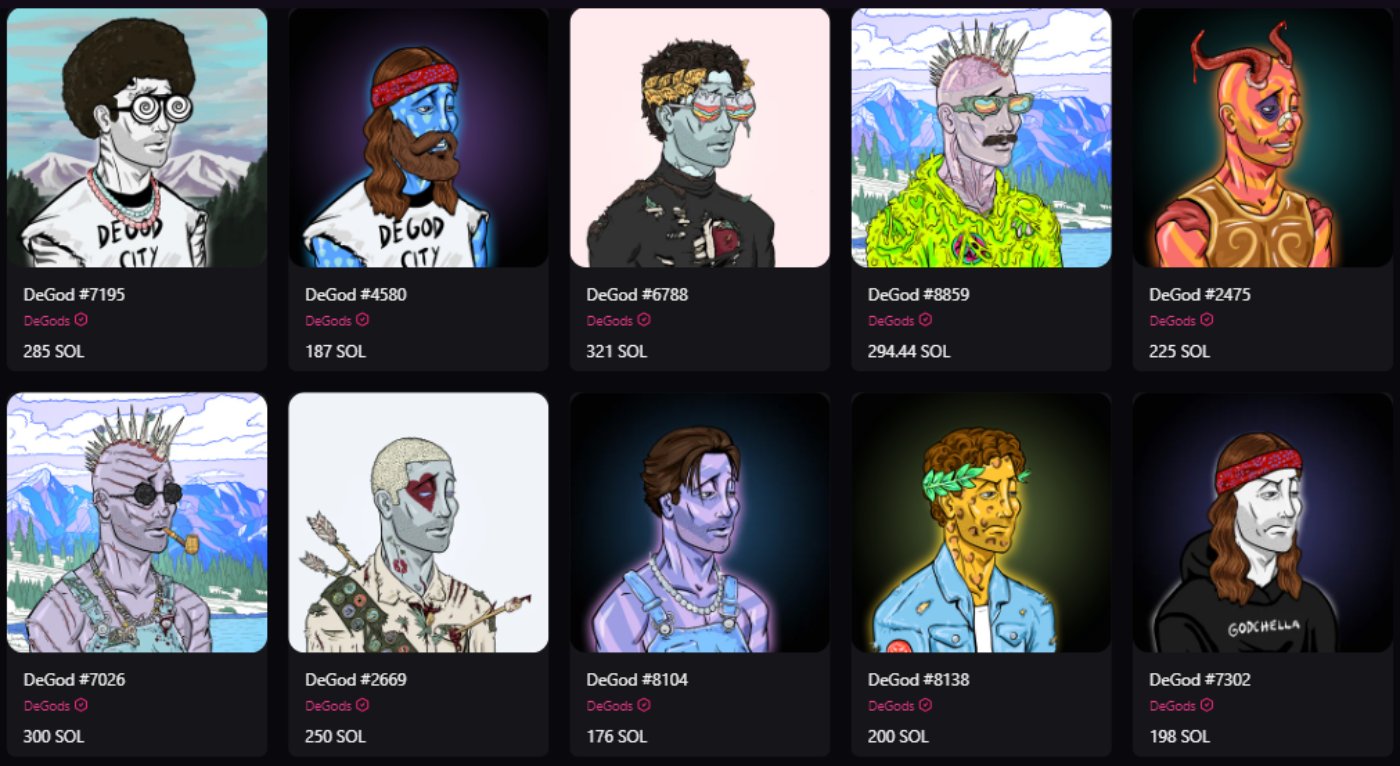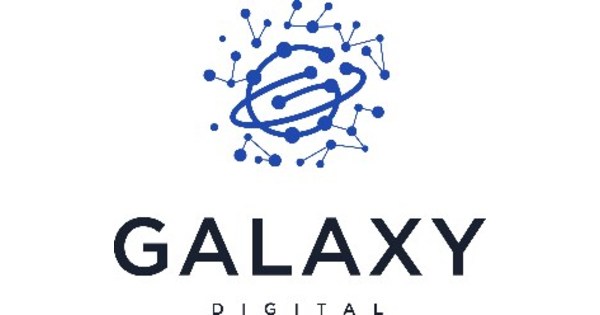To elaborate on @bob-loblaw's Strike teaser, here is the latest Pomp newsletter, amazing stuff:It all depends on comfort. Me personally, I wouldnt not wrap and stake on a defi exchange or another site.
Ive been staking on Gemini for over a year now, because I trust the ir security and insurance more than other exchanges. The rate is continuing downard and is now 1%. I've begun looking at some other options but dont have a true answer yet. I'd be moving a healthy amount of money and want to make sure its the right move. I know people who have been burned chasing apr/y's. If I find a solution I'm comfortable with I'll post it here.
Also, Jack Mallers announcement did not involve Apple Pay. He's integrated Strike (via lightning network) into all Shopify sites, retail POS system NCR and payment tech Blackhawk, allowing for payment via lightning network. Youll be able to use lighning network to make purchases at places like walmart, wholefoods, chipotle, Mcdonalds, Walgreens, etc.
Jack Mallers, the founder and CEO of Strike, gave an inspiring presentation at the Bitcoin Conference yesterday. After walking through the lack of innovation in payment technologies over the last 60 years, he announced that the business has partnered with Shopify, Blackhawk, and NCR to power transactions across the bitcoin payment rails.
There is a lot to unpack here, so I’ll do my best to summarize it. First, Strike’s technology does not require an individual to have bitcoin, use bitcoin, or understand bitcoin. The application allows any individual or business to send any currency (USD, EUR, JPY, BTC, etc) to anyone else in the world instantaneously and nearly for free.
This is accomplished by using the bitcoin payment rails as the payment network, but regardless of what currency the sender or receiver prefers, it auto-magically gets turned into bitcoin to go across the Lightning Network. That bitcoin conversion occurs behind the scenes and is abstracted away from the user or merchant.
When a user leverages Strike’s technology, there are no tax ramifications, no price volatility risk, and no required knowledge of bitcoin, Lightning, or any other technical features. I can send dollars to someone, Strike converts it to bitcoin, sends it across Lightning, then converts it back to euros, and hands it to the recipient. I call it “auto-magic” because it honestly is magical.
This leads us to the announcements yesterday — Shopify was the initial announcement. Any Shopify merchant can now add Strike’s payment integration to their store in a few clicks. This allows the merchant to accept any currency in the world, circumvent the credit card network fees, and ultimately get paid out in their currency of choice. Mallers demonstrated the purchase flow during his speech at the conference and it is very slick.
Next, partnerships with Blackhawk and NCR were announced. These are two of the largest payment processors in the United States. They service approximately 85% of all retail merchants, which means that in the coming weeks you will be able to spend US dollars, euros, bitcoin, or any other currency at these merchants and they will not have to pay the credit card fees. Stores include McDonald’s, Walmart, and many more.
So what exactly does this all mean?
Bitcoin is both an asset and a payment network. The financial asset, which is what everyone holds in their digital wallet, gets majority of the mainstream press. There is a price attached to it that goes up and down. Wall Street is obsessed with how they could make or lose money with it. Retail users don’t have a great way to use bitcoin for much more than fulfilling the promise of a currency. Bitcoin, the asset, is amazing - it isn’t the whole story though.
Bitcoin is also a payment network. It allows anyone in the world to send value to anyone else without requiring the participation or approval of a third party. There is no CEO, board of directors, or shareholders. Bitcoin, the network, is a decentralized system that is secured by millions of miners and node operators around the world. This decentralization allows for lack of censorship, seizure-ship, or variability in the monetary policy.
Strike is focused on bringing bitcoin, the payment network, to merchants around the world. By doing this, they can drop their payment fees to nearly $0, give customers the ultimate choice of which currency to use, and capture the benefits of cash finality without risk of disputes or chargebacks.
The legacy payment networks may not have innovated in nearly 60 years, but Strike is bringing disruptive technology to payments in a way that threatens hundreds of billions of dollars in market cap.
But here is the interesting thing — I don’t think the legacy payment providers are going to get disrupted in the short to medium term. The superiority of the bitcoin network as a payment solution is too obvious for them to ignore. Given that the system is built with open-source software and anyone can use it, I anticipate that the incumbent payment networks will eventually add support for bitcoin and the Lightning Network.
If they don’t, they’re screwed.
Historically people have thought innovation would come from startups vs incumbents. Bitcoin, both as an asset and as a payment system, are proving that innovation can come from the open-source community as well. Strike’s technology is cool, but it wouldn’t be possible without the bitcoin developers, miners, node operators, and holders. Quite literally, we are all in this together.
I’ve been an investor in Strike for a long time. Jack Mallers is a special entrepreneur who genuinely cares about solving these problems. He has the unique ability to interface with the bitcoin community, the mainstream audience, and business executives. There is an incredible amount of work left to do so that every retailer in the world can now use the Lightning Network for payment processing, including the education of the end customer as well.
But I wouldn’t bet against bitcoin. I wouldn’t bet against Jack Mallers. And I wouldn’t bet against Strike.
Instant transactions. No fees. Cash finality.
The future is here.




